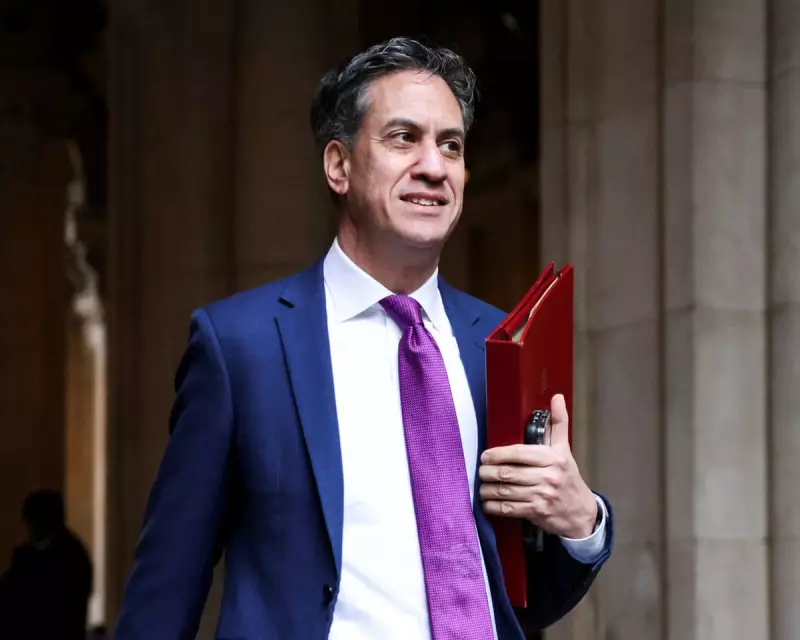
The UK government has taken emergency action with the publication of its Carbon Budget Delivery Plan, a comprehensive strategy designed to pull the nation back from the brink of missing its crucial 2030 emissions targets.
Ministers have conceded that without immediate and decisive intervention, Britain would fall significantly short of the legally binding carbon budgets that form the stepping stones to the 2050 net zero commitment. This admission represents a stark warning about the nation's climate progress.
A Race Against Time
The newly unveiled plan outlines specific, department-by-department actions across the entire economy. From transforming how we heat our homes to revolutionising our transport systems, the strategy leaves no sector untouched.
Key pillars of the rescue plan include:
- Accelerated rollout of renewable energy infrastructure
- Enhanced energy efficiency programmes for homes and businesses
- Rapid scaling of electric vehicle charging networks
- Substantial investment in green industries and job creation
Transparency and Accountability
In a significant departure from previous approaches, the government has committed to unprecedented levels of transparency. Regular progress reports will be published, allowing independent scrutiny of whether the promised actions are being delivered on schedule.
This move responds to growing criticism from climate watchdogs and environmental groups who have repeatedly warned that ambitious targets were being undermined by inadequate delivery mechanisms.
The Economic Imperative
Beyond the environmental necessity, the plan emphasises the economic opportunities presented by the transition to net zero. Government analysis suggests that successful implementation could create hundreds of thousands of skilled jobs while positioning British companies at the forefront of the global green economy.
However, opposition parties and climate experts have expressed caution, noting that previous climate strategies have often failed to match rhetoric with reality. The true test, they argue, will be in consistent funding and political will over the coming years.
As the UK prepares for the next round of international climate negotiations, the success or failure of this delivery plan will not only determine whether Britain meets its legal obligations but also shape the country's credibility as a global climate leader.





